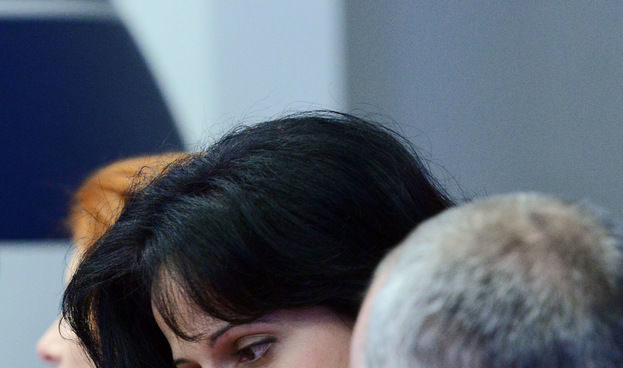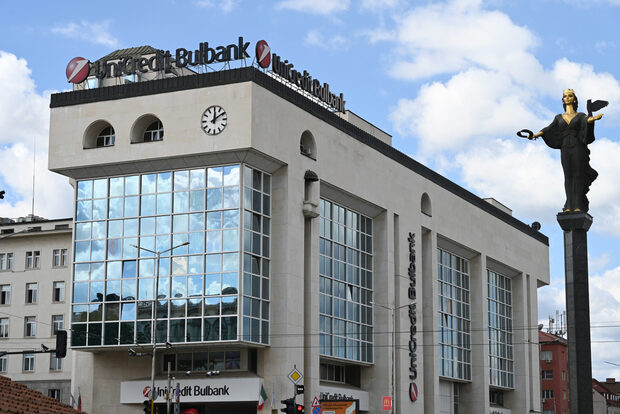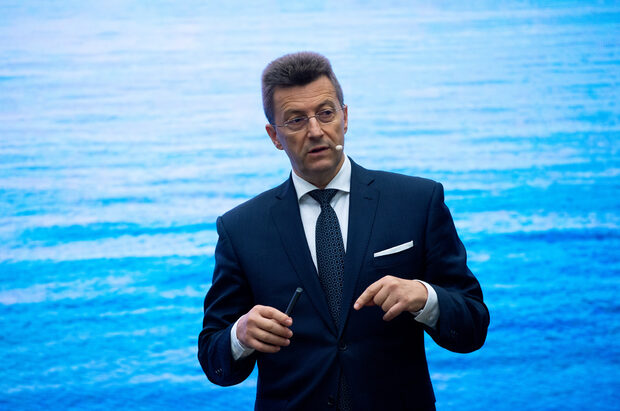In 2017, the assets of Bulgarian private pension funds registered a two-digit growth rate and reached nearly 13 billion levs. Their average yield of about 6% beats inflation and appears to be gigantic against the background of zero interest rates on deposits.
The upbeat data, however, conceals the fact that half of the companies in the sector invest a large part of their assets in companies related to their owners. This is a serious risk for the insured: even with best intentions, the concentration of investments is dangerous.
Despite the ban on related party trading in the Social Security Code (CSR), the restrictions are easily circumvented. In 2017 the rules were somewhat tightened but judging from the financial statements of the pension funds there was no change in their behavior by the end of the year. In the universal pension funds alone, in which everyone born after 1959 is insured, related party trading reached almost 700 million levs by a conservative assessment.
Of the nine pension companies operating in Bulgaria, four (among which the top three) are owned by foreign financial groups, and therefore have no local business empires in which to invest. Of the remaining five, however, four actively invest in related parties. Sila and Saglasie are parts of two parallel and formally unrelated financial groups around Central Cooperative Bank and Teximbank. Both banks are related to Chimimport group. Budeshte is owned by Todor Tabakov but its peers in the sector as well as its investment policy link it to Eurohold Group. Toplina is controlled by Hristo Kovachki, a Bulgarian businessman known for not being listed in the register of shareholders of any of the companies he owns. The smallest player in the sector, the Pension Insurance Institute, is related to Alexey Petrov, one of the former murky figures in the insurance business but his investments cannot be traced to related companies.
All three groups continue to list formally unrelated new issues of shares or bonds on the stock exchange in Sofia with the obvious single purpose of having them bought by the pension funds of the group. As private pension funds in Bulgaria still do not pay pensions but receive contributions each month, a large chunk of the fresh money goes into businesses of the owners of the pension companies. Links are usually indirect and there is no formal violation of the rules.
A scheme continues to apply whereby pension funds invest in mutual funds that in turn invest in companies of the groups. There are six or seven directly or indirectly controlled management companies around Chimimport, around Budeshte they are two or three. The newest practice is the use of unrelated and formally independent management companies to circumvent the restrictions. For example, the pension funds of Saglasie and Sila are practically the only investors in Elana Bulgaria mutual fund. In turn, its investments are channelled mainly into companies that already have received considerable investments from the two pension companies. Similarly, both Saglasie and Sila are among the largest investors in Capman and Compass funds, which in turn invest some of the money in the London-listed Black Sea Property Group associated with Chimimport.
Another method that has already been tested for several years by the funds of the three groups is the so-called cross-investment. For example, Saglasie buys shares or bonds of companies around Eurohold and in return Budeshte acquires shares in companies around Chimimport. In this way, the investments are not formally made in related parties. For example, Eurohold sold 70 million euro worth of bonds in late 2017 and almost half of the issue was subscribed by Saglasie and Sila.
In 2017, the assets of Bulgarian private pension funds registered a two-digit growth rate and reached nearly 13 billion levs. Their average yield of about 6% beats inflation and appears to be gigantic against the background of zero interest rates on deposits.
The upbeat data, however, conceals the fact that half of the companies in the sector invest a large part of their assets in companies related to their owners. This is a serious risk for the insured: even with best intentions, the concentration of investments is dangerous.











